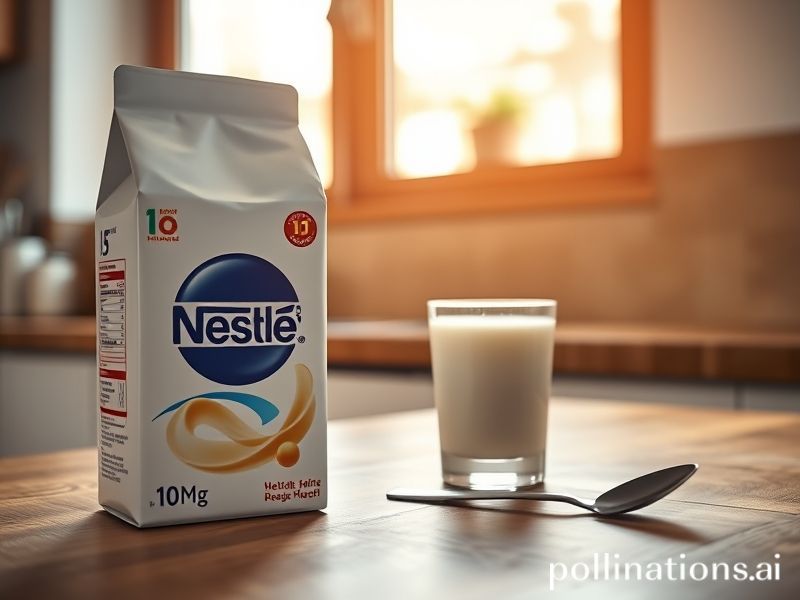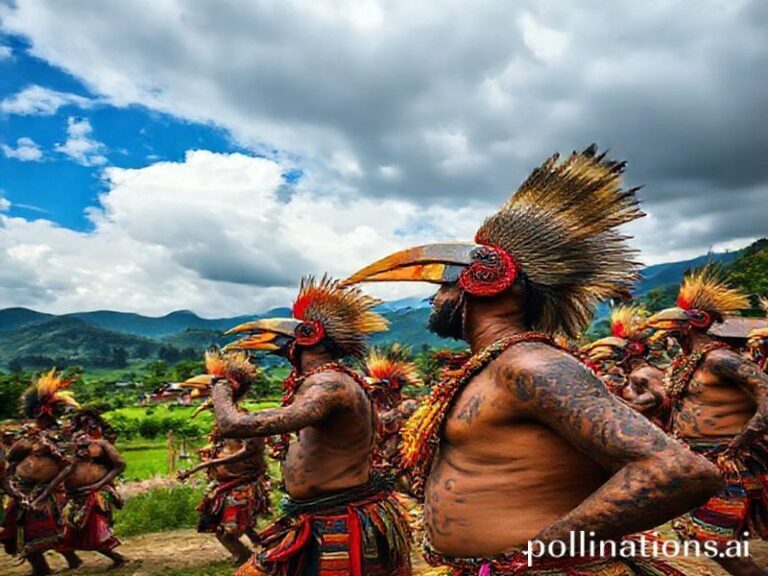Nestlé: The Sweet, the Bitter, and the Viral – Why the World Can’t Stop Talking About This Swiss Giant
# Nestlé: The Sweet, the Bitter, and the Viral
Oh, Nestlé, you’re not just a name on a jar of coffee or a chocolate bar wrapper. You’re a global phenomenon, a trending topic that’s got everyone from moms in Minnesota to meme lords in Manila talking. But why? What’s got the world buzzing about this Swiss multinational like it’s the latest TikTok dance? Let’s dive in, shall we?
## The Cultural Context: From Nesquik to Nestlégate
Nestlé, founded in 1866, is like that one friend who’s been around forever but still manages to stay relevant. They’ve got their fingers in every pie imaginable—coffee, chocolate, bottled water, pet food, you name it. But it’s not just their product range that’s got people talking. It’s their controversies, their campaigns, and their sheer ubiquity.
Remember the great Nesquik bunny debate? Or the time Nestlé tried to trademark the shape of a KitKat? These aren’t just corporate blunders; they’re cultural moments. They’re the kind of stuff that gets parodied on Twitter, dissected on Reddit, and turned into memes faster than you can say “Nespresso.”
## The Social Impact: From Water Wars to Fair Trade
Nestlé’s not just trending for the LOLs, though. The company’s practices have sparked serious conversations about corporate responsibility, environmental impact, and social justice.
Take the water wars, for instance. Nestlé’s been criticized for years over its bottled water practices, particularly in drought-prone areas. The company’s been accused of exploiting local water sources, leaving communities high and dry. Literally.
Then there’s the fair trade debate. Nestlé’s been under fire for its cocoa sourcing practices, with critics accusing the company of turning a blind eye to child labor in its supply chain. Nestlé’s responded with promises of reform, but the damage is done. The conversation’s out there, and it’s not going away anytime soon.
## The Viral Factor: From #BoycottNestle to #NestleIsBack
So how does a multinational corporation become a trending topic? It’s not just about the controversies. It’s about the engagement. It’s about the hashtags, the memes, the think pieces.
Remember the #BoycottNestle campaign? It went viral back in 2010 and has resurfaced time and time again. And who could forget the backlash against Nestlé’s attempt to trademark “Nespresso” as a generic term? The internet had a field day with that one.
But it’s not all doom and gloom. Nestlé’s also trending for the good stuff. Like when they brought back Magix, the chocolate bar that’s basically a KitKat with sprinkles. The internet lost its mind. Or when they launched their plant-based coffee creamer, and suddenly everyone was talking about dairy-free alternatives.
## Why It Matters: The Power of the Consumer
At the end of the day, Nestlé’s trending status is a testament to the power of the consumer. It’s a reminder that corporations can’t just do whatever they want. They’re being watched. They’re being talked about. And they’re being held accountable.
So whether you’re sipping on a Nespresso, munching on a KitKat, or just scrolling through your Twitter feed, remember: you’re part of the conversation. And that’s what makes this topic significant.
## Conclusion: The Sweet and the Bitter
Nestlé’s trending status is a complex blend of the sweet and the bitter. It’s a story of corporate power and public accountability, of viral moments and serious debates. It’s a reminder that in the age of the internet, nothing—and no one—is above scrutiny.
So keep talking, keep sharing, keep holding corporations accountable. And maybe, just maybe, we can make the world a little bit sweeter.







